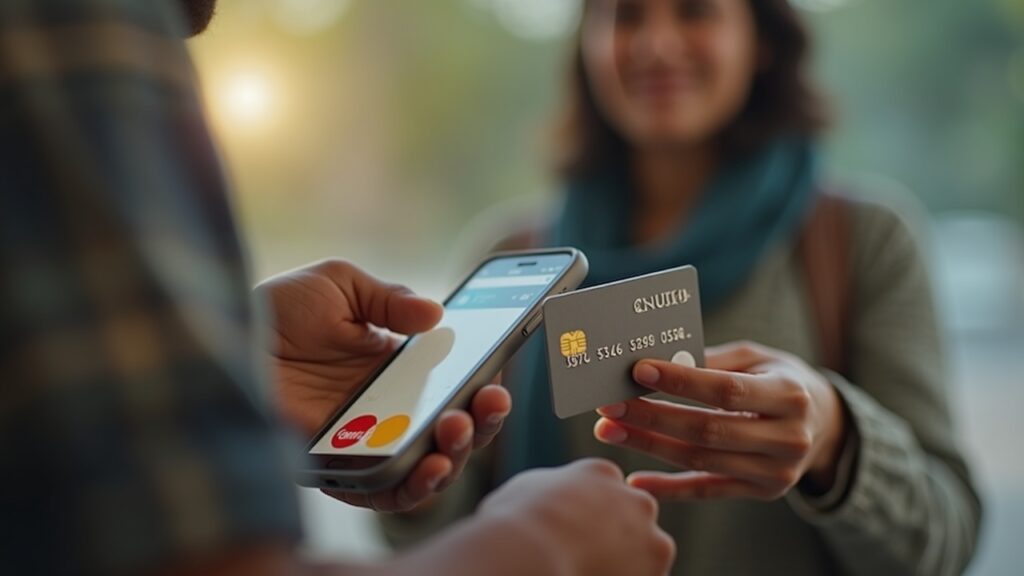Cryptocurrency exchange OKX has officially launched its OKX Pay and OKX Card products in the Brazilian market. This strategic move introduces an advanced infrastructure for savings and stablecoin payments in Brazil. It seeks to offer an inflation-resistant alternative for local users, as announced by Guilherme Sacamone, CEO of OKX Brazil. The initiative aims to facilitate access to the digital dollar in a country with high digital asset adoption.
The new services allow for the instant conversion of Brazilian reais (BRL) to USD stablecoins. This is achieved through direct integration with PIX, the country’s instant payment system. Furthermore, OKX Pay offers an attractive yield of up to 10% APY on stablecoin balances. Interest is calculated daily and distributed weekly, without imposing lock-up periods on users. Meanwhile, the OKX Card functions as an international Mastercard debit card. This card directly uses stablecoin balances to make global purchases and payments, integrating with Apple Pay and Google Wallet.
This launch responds to a growing demand for dollar-based finance in the region. In Brazil, stablecoins already account for over 90% of the transaction volume involving cryptocurrencies, according to industry data. The country faces ongoing monetary volatility, which is why citizens are actively seeking financial stability. OKX’s proposal offers an agile digital alternative for saving and transacting in USD, bypassing traditional banking bureaucracy.
Can digital dollarization curb the impact of local inflation?
An internal cost analysis by OKX highlights the direct economic benefits for the consumer. The combined platform eliminates a significant amount of fees and taxes compared to conventional remittance services. For example, a $1,000 transaction using OKX Pay with PIX costs approximately $17.30. This contrasts sharply with alternatives like Wise ($42.90) or Nomad ($56.00). The analysis accounts for the 3.5% IOF tax on financial operations. By using stablecoins as a settlement layer, OKX drastically reduces the friction and cost of international currency conversions.
Brazil is consolidating its position as the undisputed crypto leader in Latin America. The country received an estimated $318.8 billion in digital assets between July 2024 and June 2025. This represents nearly one-third of all transactions in the region. OKX’s infrastructure is built on its X Layer blockchain, which uses ZK technology to secure operations. “We are putting stablecoins at the center of everyday finance for Brazilians,” stated Sacamone. With these tools, the adoption of stablecoin payments in Brazil seems set to accelerate.


